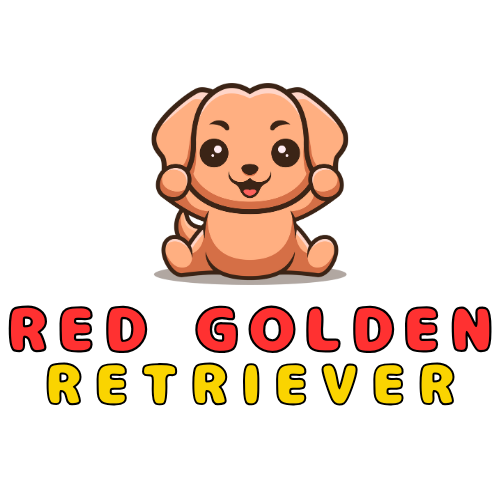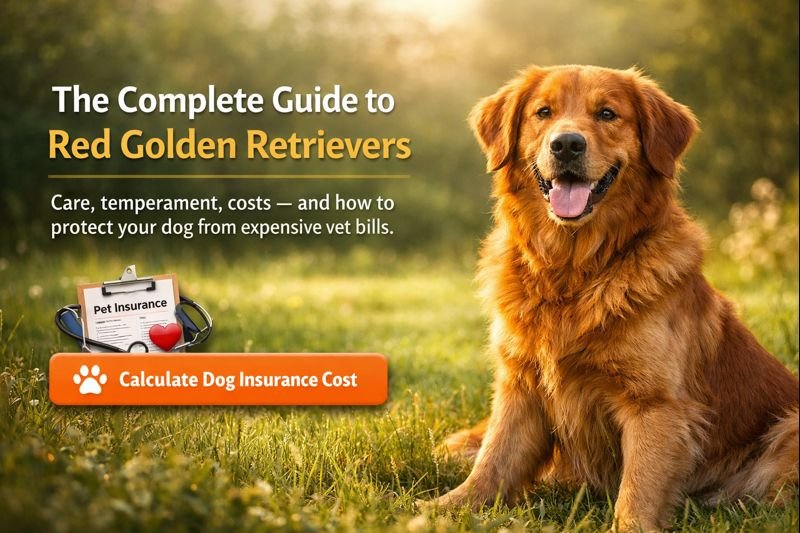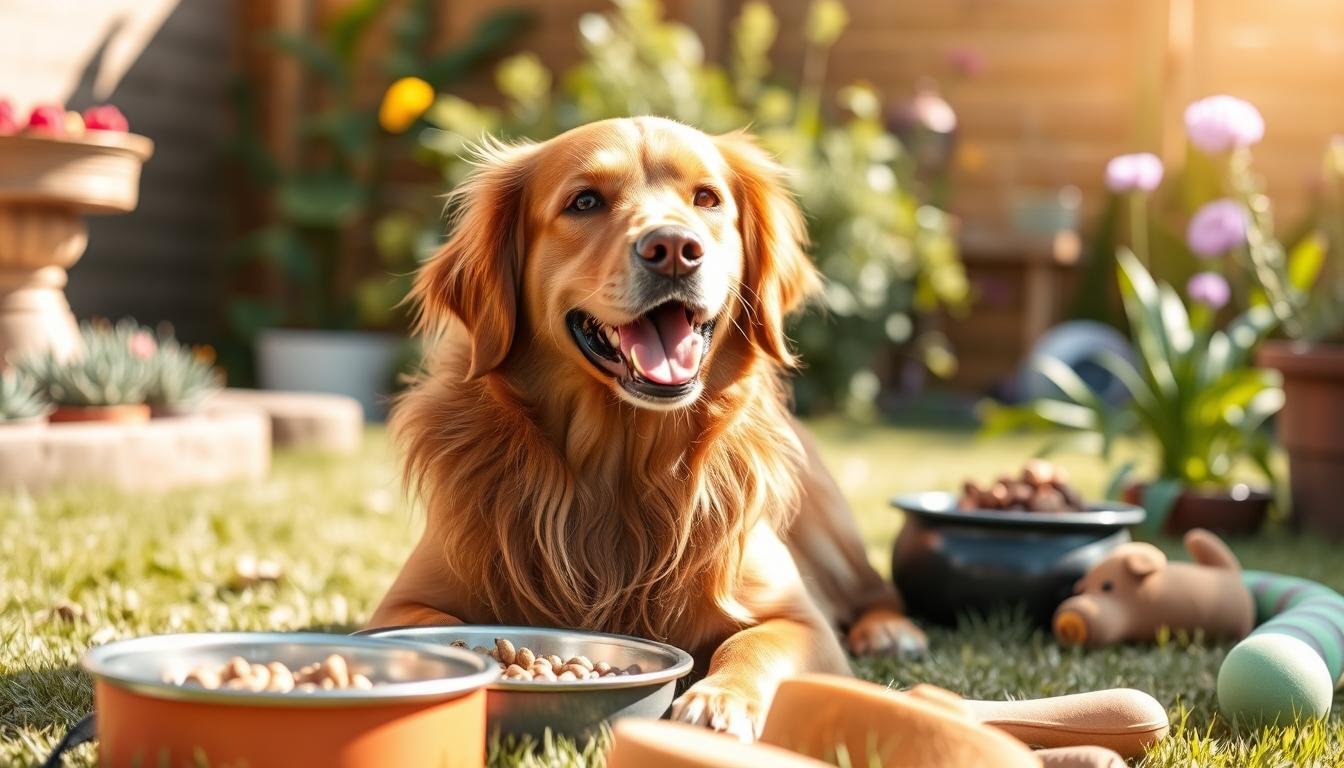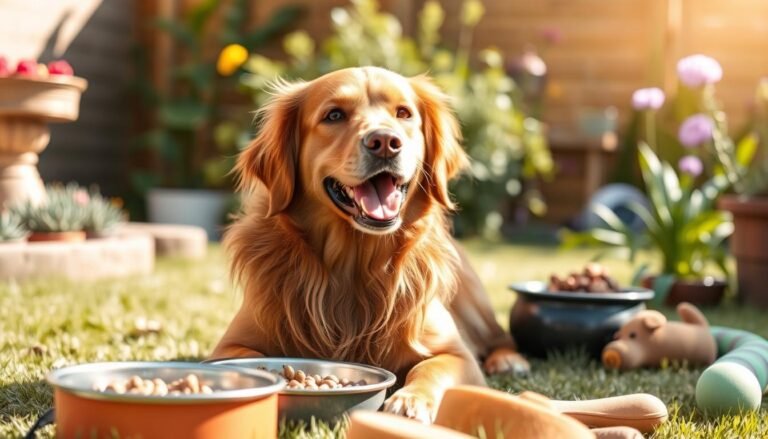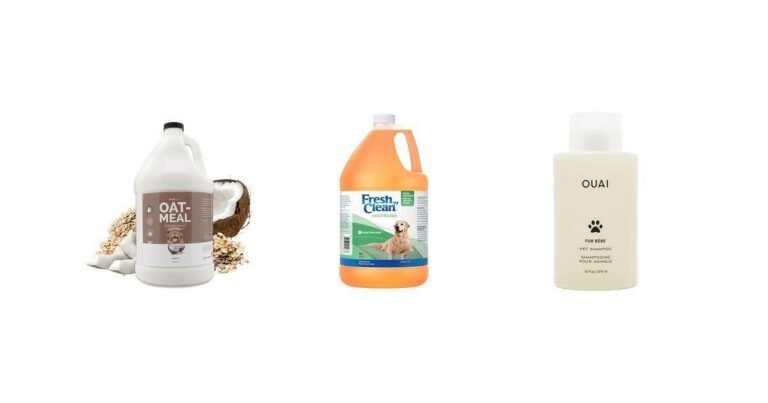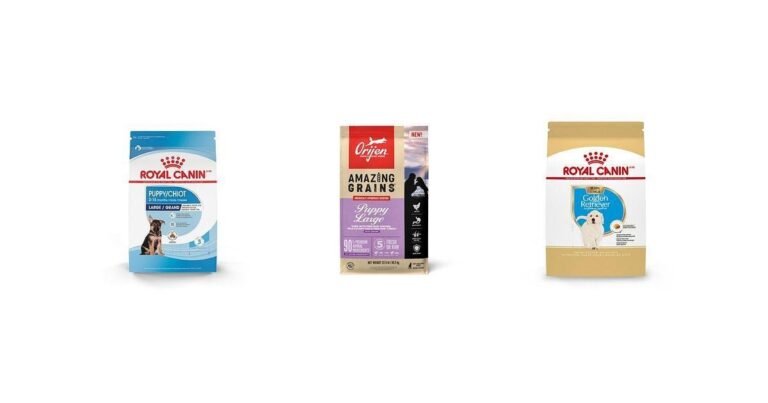Health and Nutrition for Red Golden Retrievers: What You Need to Know
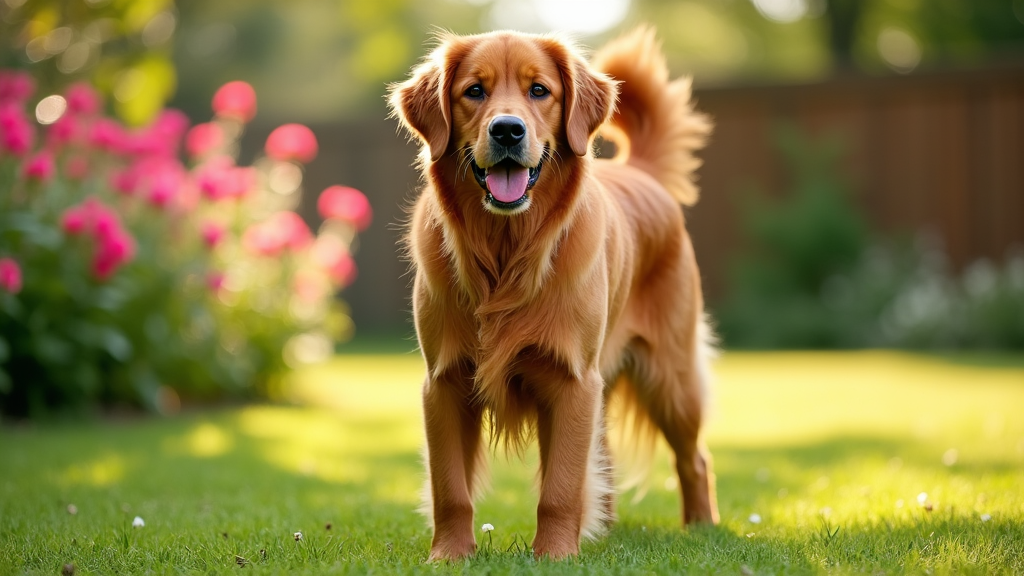
Red golden retrievers are known for their vibrant coats and friendly personalities, but like all breeds, they require proper care to maintain their health. From understanding common health issues to providing a balanced diet, it’s essential to know how to keep your red golden retriever in peak condition. In this guide, we’ll explore the common health concerns associated with this breed and offer nutritional tips to ensure your dog thrives.
Common Health Issues in Red Golden Retrievers
Red golden retrievers, like their standard counterparts, are generally healthy dogs. However, there are several breed-specific health issues that you should be aware of to keep your pet healthy and happy.
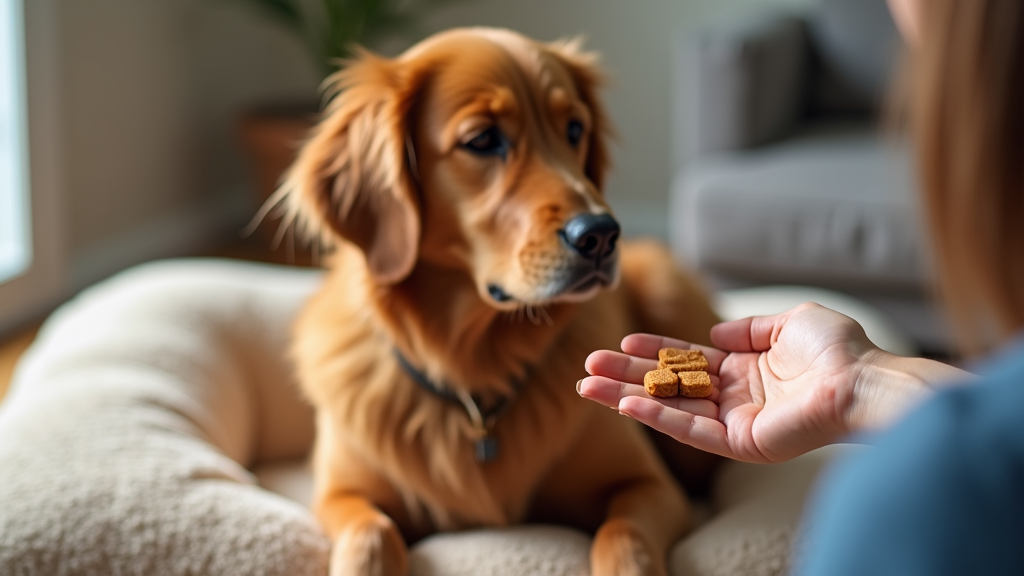
1. Hip Dysplasia
Hip dysplasia is a common condition in golden retrievers, affecting the development of the hip joint. This genetic disorder can lead to discomfort and arthritis in older dogs. While it can’t always be prevented, early diagnosis and proper care can help manage the condition. Regular vet check-ups, weight management, and joint supplements can support hip health.
2. Elbow Dysplasia
Elbow dysplasia is another joint-related issue that can cause lameness and pain in red golden retrievers. Keeping your dog at a healthy weight and avoiding excessive jumping or running on hard surfaces can reduce the risk of this condition.
3. Cancer
Unfortunately, golden retrievers are prone to several types of cancer, including hemangiosarcoma and lymphoma. While not all cases can be prevented, early detection is key to providing effective treatment. Regular vet check-ups, blood tests, and keeping an eye on any unusual lumps or bumps can help catch cancer early.
4. Skin Allergies
Red golden retrievers may experience skin allergies, which can lead to itching, redness, and discomfort. Allergies can be caused by food, environmental factors, or even grooming products. If you notice your dog scratching excessively, consult your vet to determine the cause and develop a treatment plan.
5. Heart Disease
Golden retrievers are also prone to heart conditions such as subvalvular aortic stenosis (SAS). Routine veterinary exams, including heart screenings, can help detect heart disease early and allow for proper treatment.
For more detailed information on common health issues and how to prevent or manage them, see our in-depth guide: Best Food for Red Golden Retrievers: A Complete Guide.
Nutritional Tips for Red Golden Retrievers
Proper nutrition is essential for maintaining the health and vitality of red golden retrievers. A well-balanced diet not only supports their energy levels but also plays a critical role in preventing health issues.
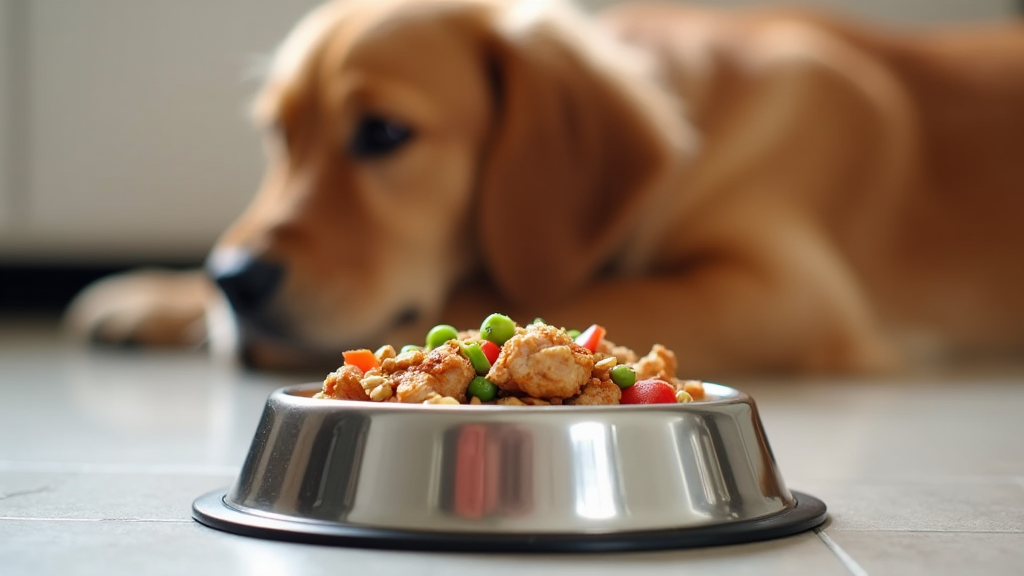
1. High-Quality Protein
Protein is one of the most important nutrients for your red golden retriever. Look for dog food that lists a high-quality animal protein, such as chicken, turkey, or lamb, as the first ingredient. Protein helps support muscle growth and overall health, especially in active breeds like golden retrievers.
2. Healthy Fats
Healthy fats, such as omega-3 and omega-6 fatty acids, are crucial for maintaining a shiny coat and healthy skin. These fats also support brain development and joint health. You can find omega-rich foods like fish, flaxseed, and fish oil in many premium dog food brands.
3. Joint Health Supplements
As red golden retrievers are prone to joint issues like hip and elbow dysplasia, incorporating joint supplements such as glucosamine and chondroitin into their diet can help maintain healthy joints. These supplements are often found in specialized dog foods or can be given as standalone supplements.
4. Fiber for Digestive Health
A balanced amount of fiber is important for your dog’s digestive health. Look for whole grains like brown rice, oats, or barley, as well as vegetables like sweet potatoes and carrots, in your dog’s food. Fiber helps promote healthy digestion and can prevent issues such as constipation.
5. Avoid Fillers
Many lower-quality dog foods contain fillers like corn, wheat, or soy, which don’t provide much nutritional value and can cause digestive issues in some dogs. Avoid these ingredients when choosing the best food for your red golden retriever.
Best Feeding Practices
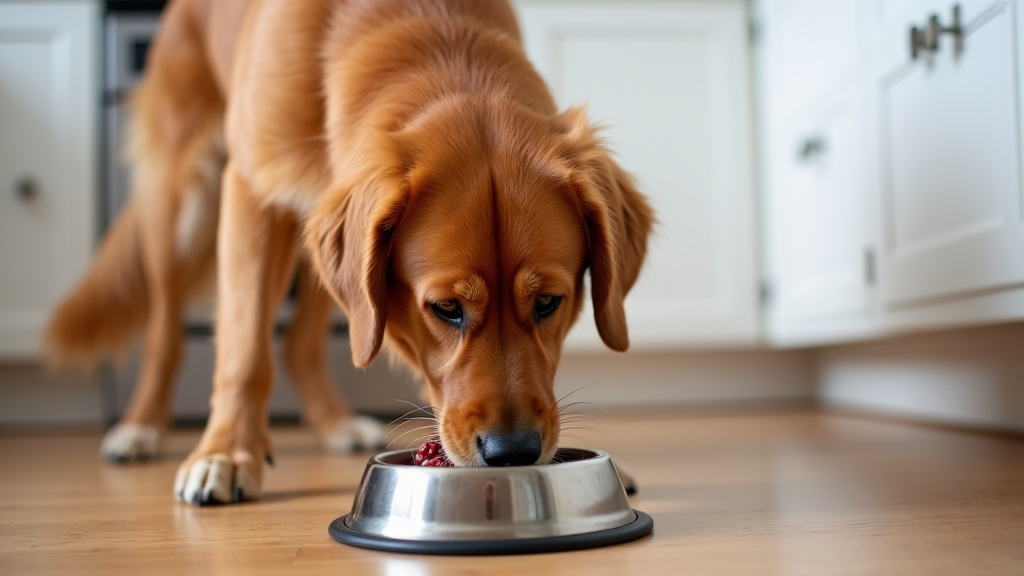
1. Portion Control
Overfeeding can lead to obesity, which exacerbates health issues like joint problems and heart disease. Always follow the feeding guidelines on your dog’s food package and adjust portion sizes based on their activity level, age, and weight. If you’re unsure, consult your vet to create a personalized feeding plan.
2. Regular Feeding Schedule
Establish a regular feeding schedule for your red golden retriever to help regulate their digestion and energy levels. Most adult dogs do well with two meals a day, while puppies may require three or four smaller meals throughout the day to support their growth.
3. Fresh Water Access
Ensure your dog always has access to fresh, clean water. Hydration is crucial for overall health, especially if your red golden retriever is active or spends time outdoors in hot weather.
Preventing Health Issues with Diet
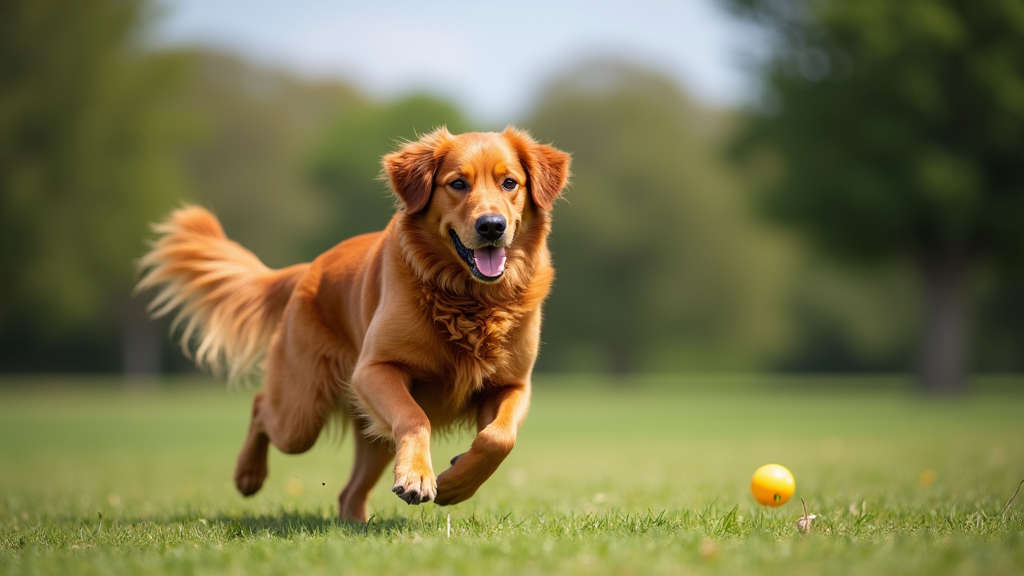
A healthy diet can play a significant role in preventing common health issues in red golden retrievers. For instance, keeping your dog at a healthy weight can reduce the risk of joint problems, heart disease, and certain cancers. Incorporating anti-inflammatory foods, like those rich in omega fatty acids, can support joint and skin health.
Additionally, choosing a dog food that contains antioxidants (such as blueberries, spinach, and carrots) can help boost your dog’s immune system and potentially reduce the risk of cancer.
For a more detailed guide on selecting the best dog food and creating a balanced diet for your red golden retriever, check out our full post: Best Food for Red Golden Retrievers: A Complete Guide.
Conclusion
Caring for your red golden retriever’s health involves more than just regular vet visits. By staying aware of common health issues and providing the right nutrition, you can help your dog live a long, healthy, and happy life. Regular exercise, a balanced diet rich in essential nutrients, and routine health checkups are all part of maintaining your dog’s well-being.
To learn more about choosing the best food and dietary plans for your red golden retriever, visit our detailed guide: Best Food for Red Golden Retrievers: A Complete Guide.
Subscribe to our newsletter for more health tips, nutritional advice, and care guides for red golden retrievers!
